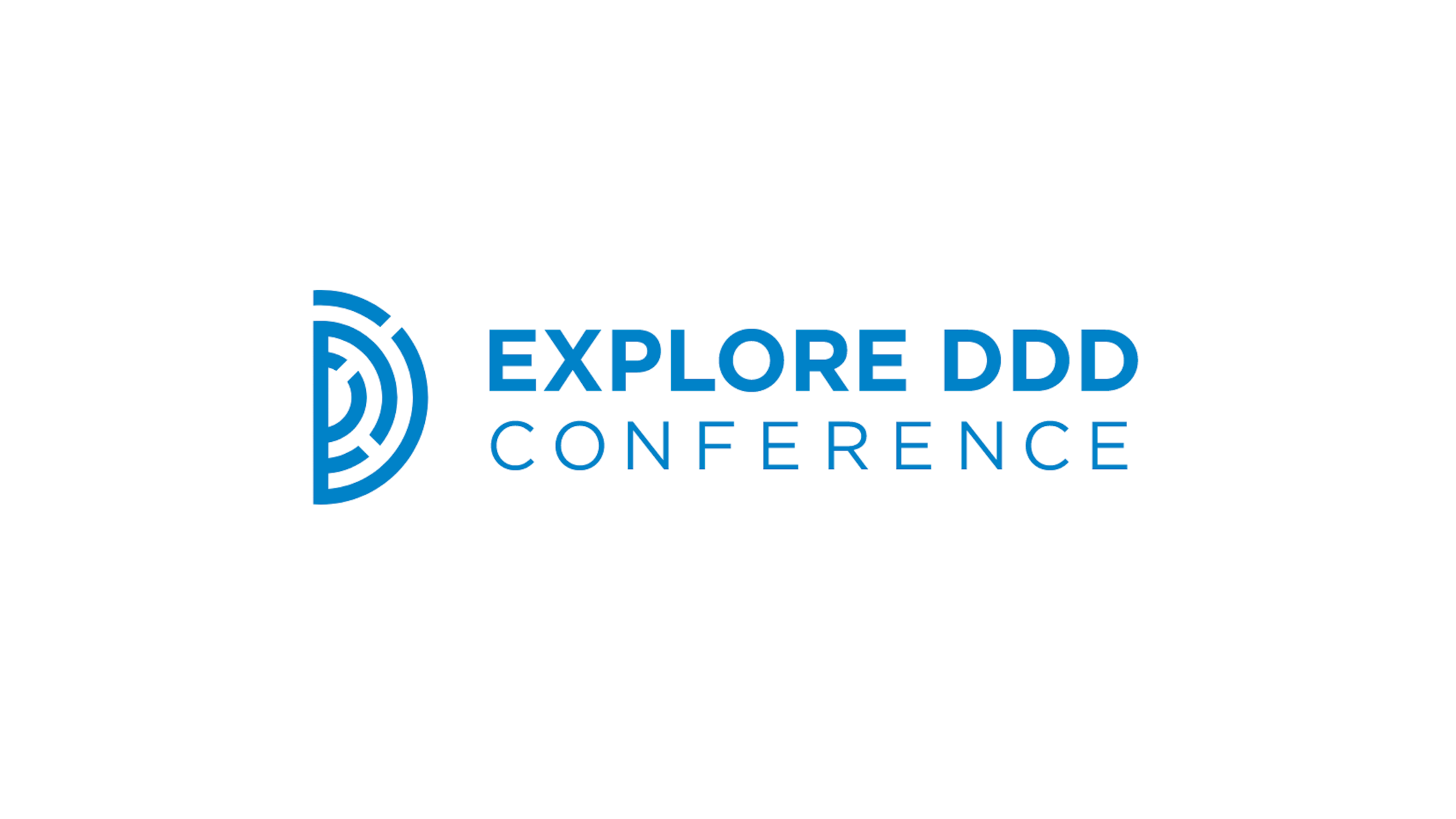
Architecture is Designing Knowledge Flow -- Explore DDD
In the tech industry, we are most interested in knowledge stock: What do you know? What information can you apply easily? Whiteboard tests, for example, assess a candidate's stock of knowledge.

In the tech industry, we are most interested in knowledge stock: What do you know? What information can you apply easily? Whiteboard tests, for example, assess a candidate's stock of knowledge.

This hands-on workshop introduces essential non-linear skills and practices for software professionals.
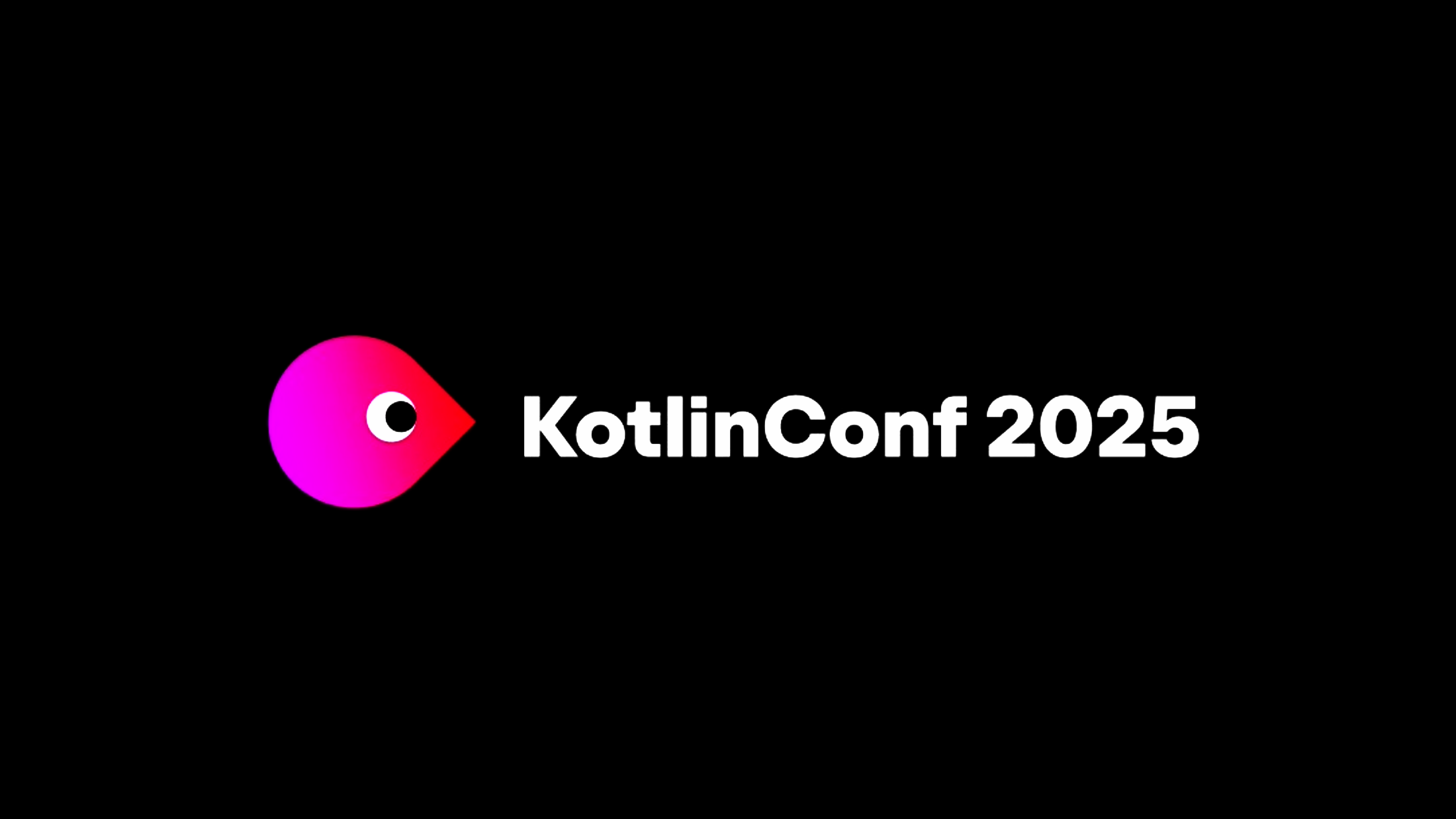
Keynote discusses the increasing relational complexity in software and emphasizes three essential qualities of well-functioning systems: resilience, self-organization, and hierarchy, which challenge traditional thinking and promote better outcomes through collaboration with the system's inherent properties.
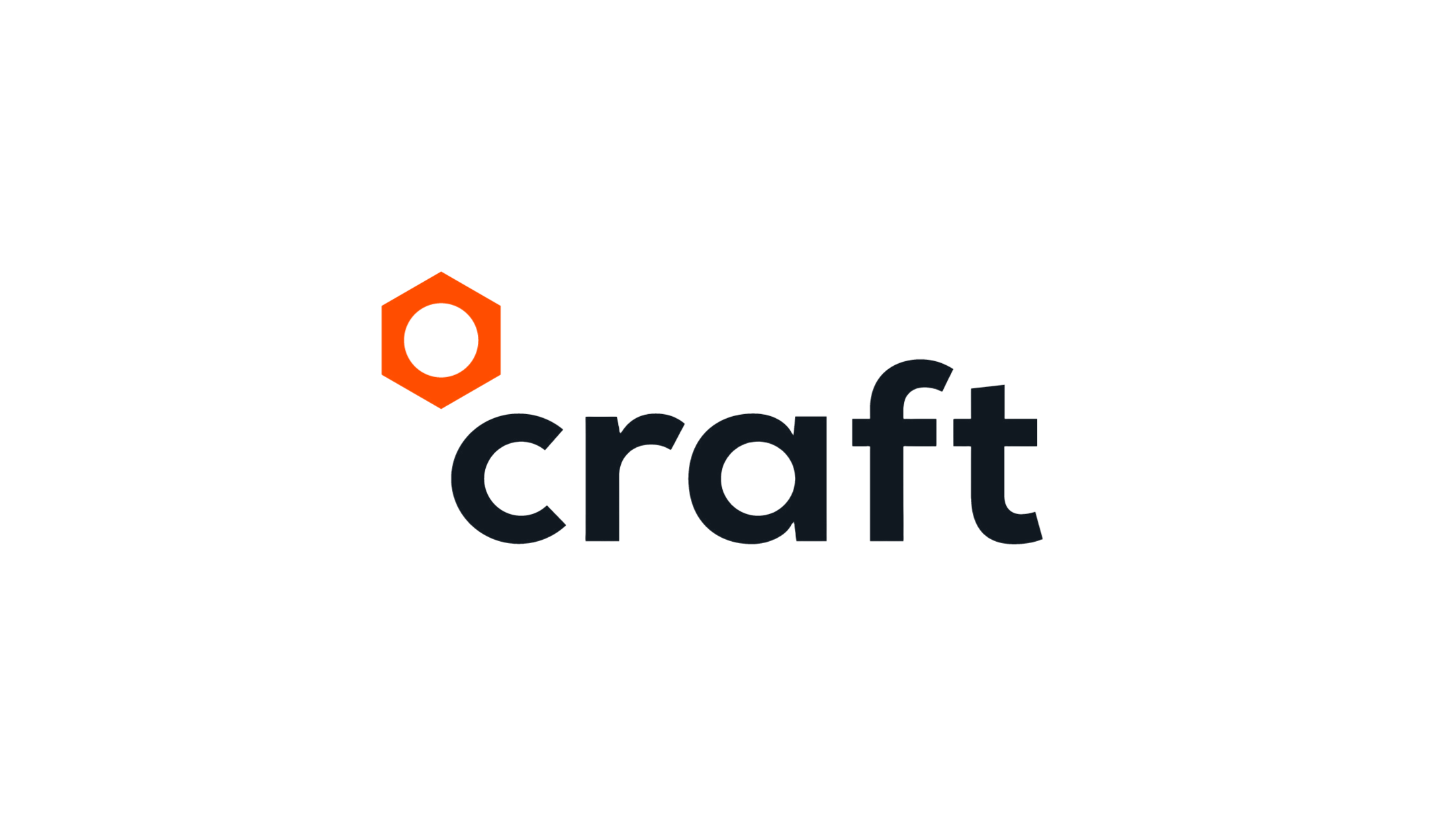
The tech industry needs to shift from focusing on individual knowledge stock to fostering knowledge flow to make better decisions amidst change. This involves understanding the differences between data, information, knowledge, understanding, and wisdom, and recognizing the importance of developing knowledge systems as a core architectural practice.
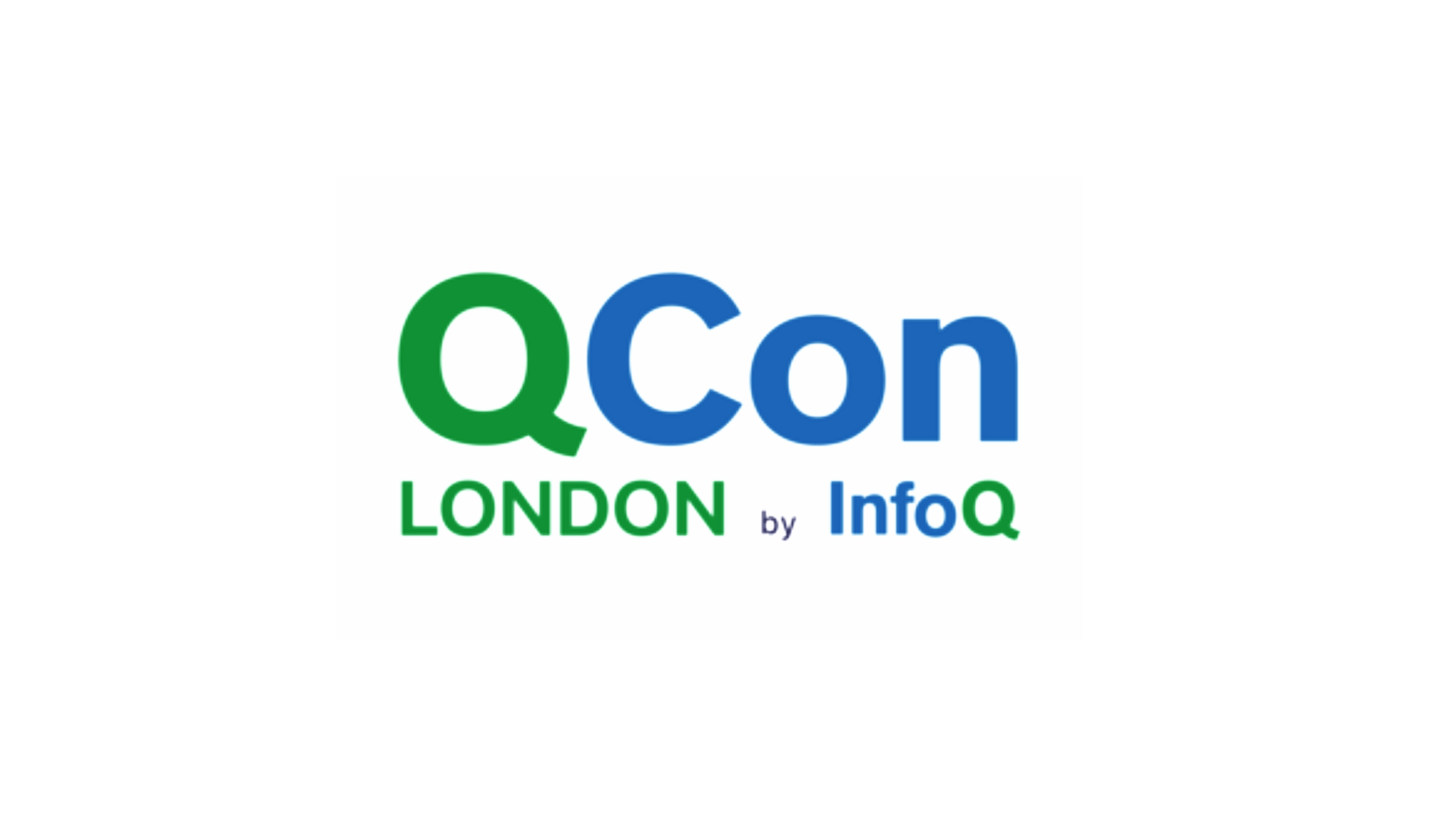
In the tech industry, we are most interested in knowledge stock: What do you know? This focus is holding many individuals, teams and organizations back. As relational complexity increases, individual knowledge stock is insufficient. What we need is knowledge flow.
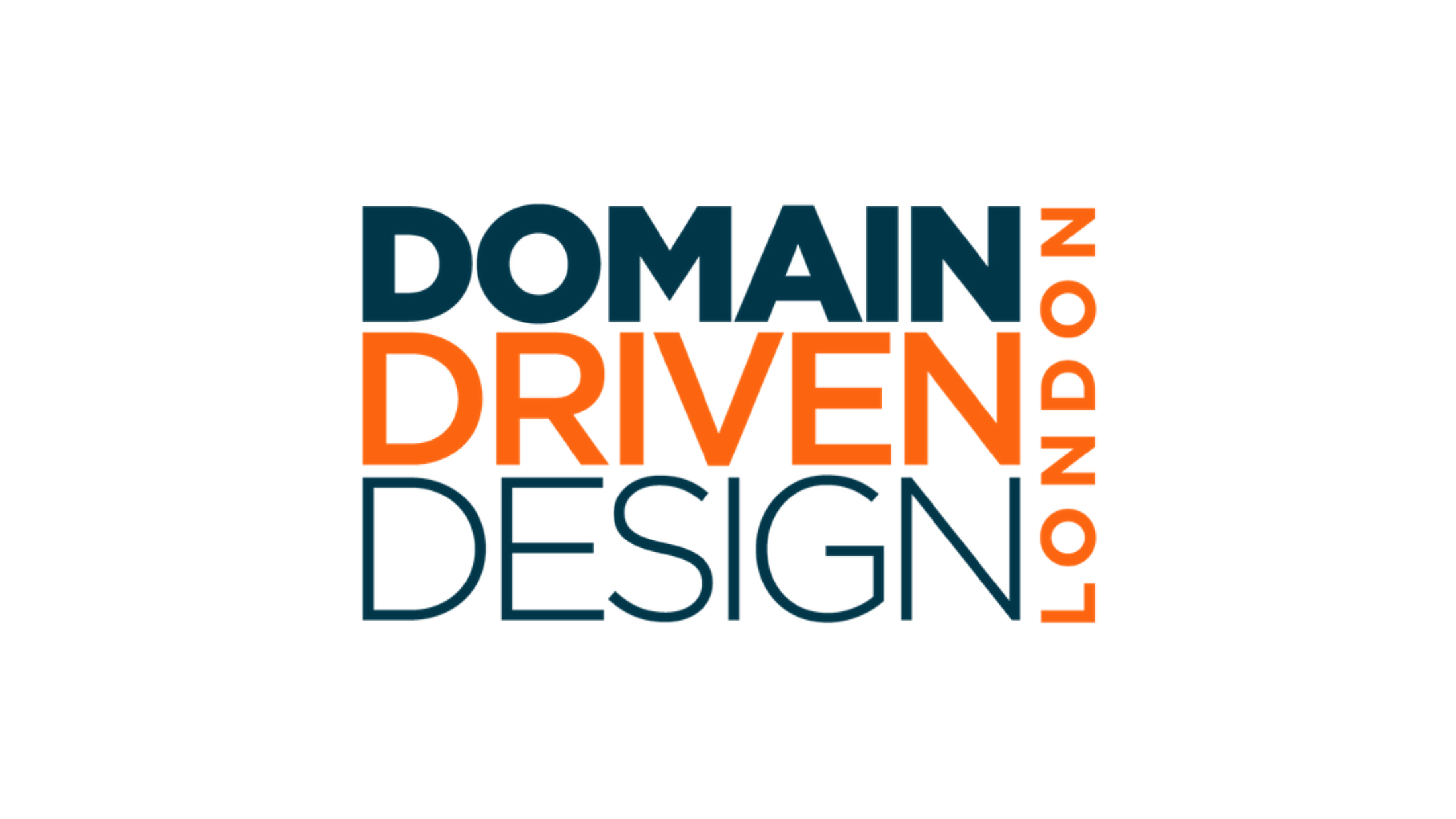
In the tech industry, we are most interested in knowledge stock: What do you know? This focus is holding many individuals, teams and organizations back. As relational complexity increases, individual knowledge stock is insufficient. What we need is knowledge flow.
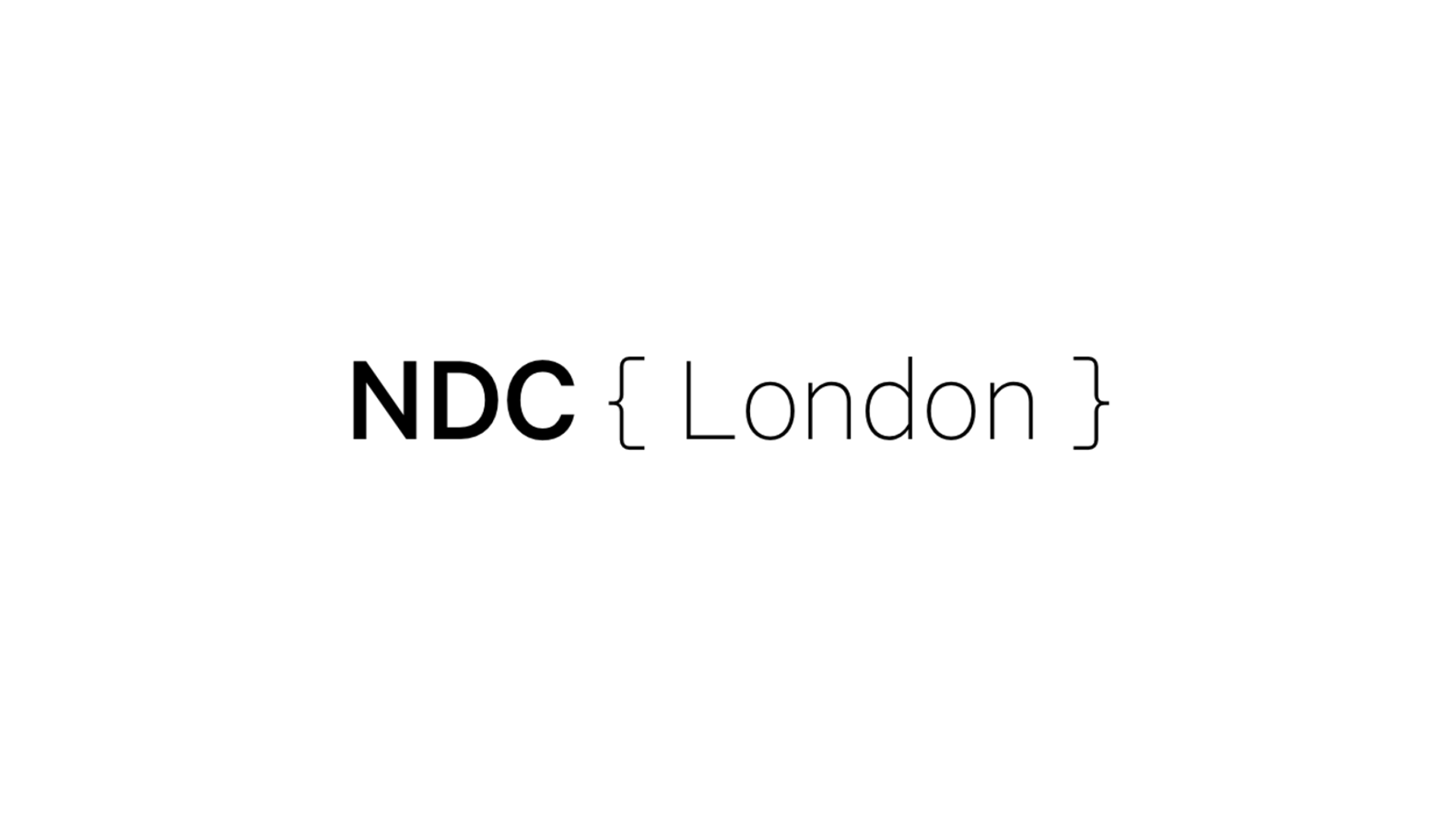
Architecture, in the systems age, is not (just) Kubernetes. It is is designing relationships between parts (people and tech parts) then adapting those relationship patterns as circumstances change.
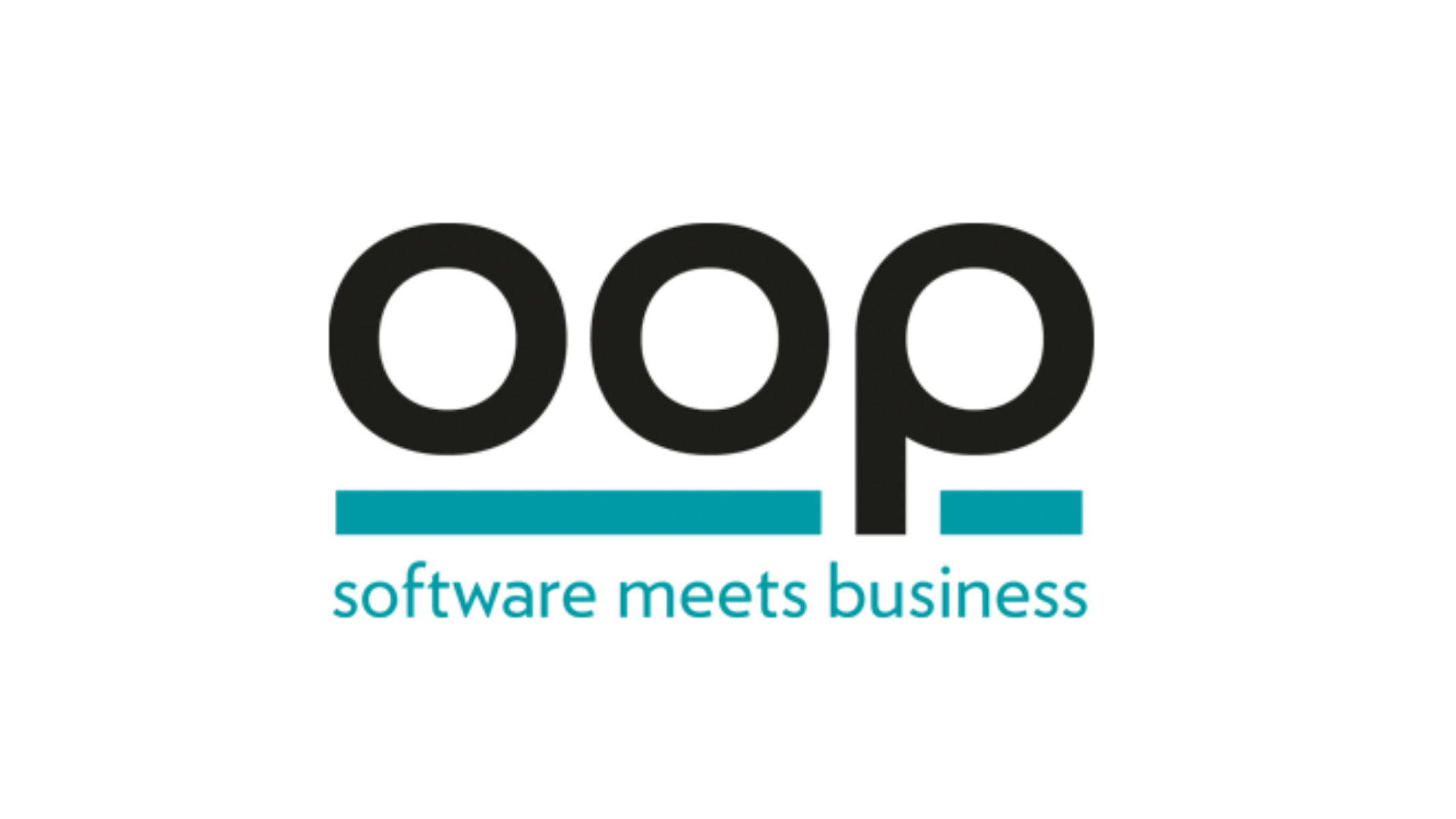
In my lifetime, we have experienced the equivalent of 20,000 years of change. Nonlinear change. In many respects, we are the architects of change, yet we seem to do the same things again and again, expecting different results.
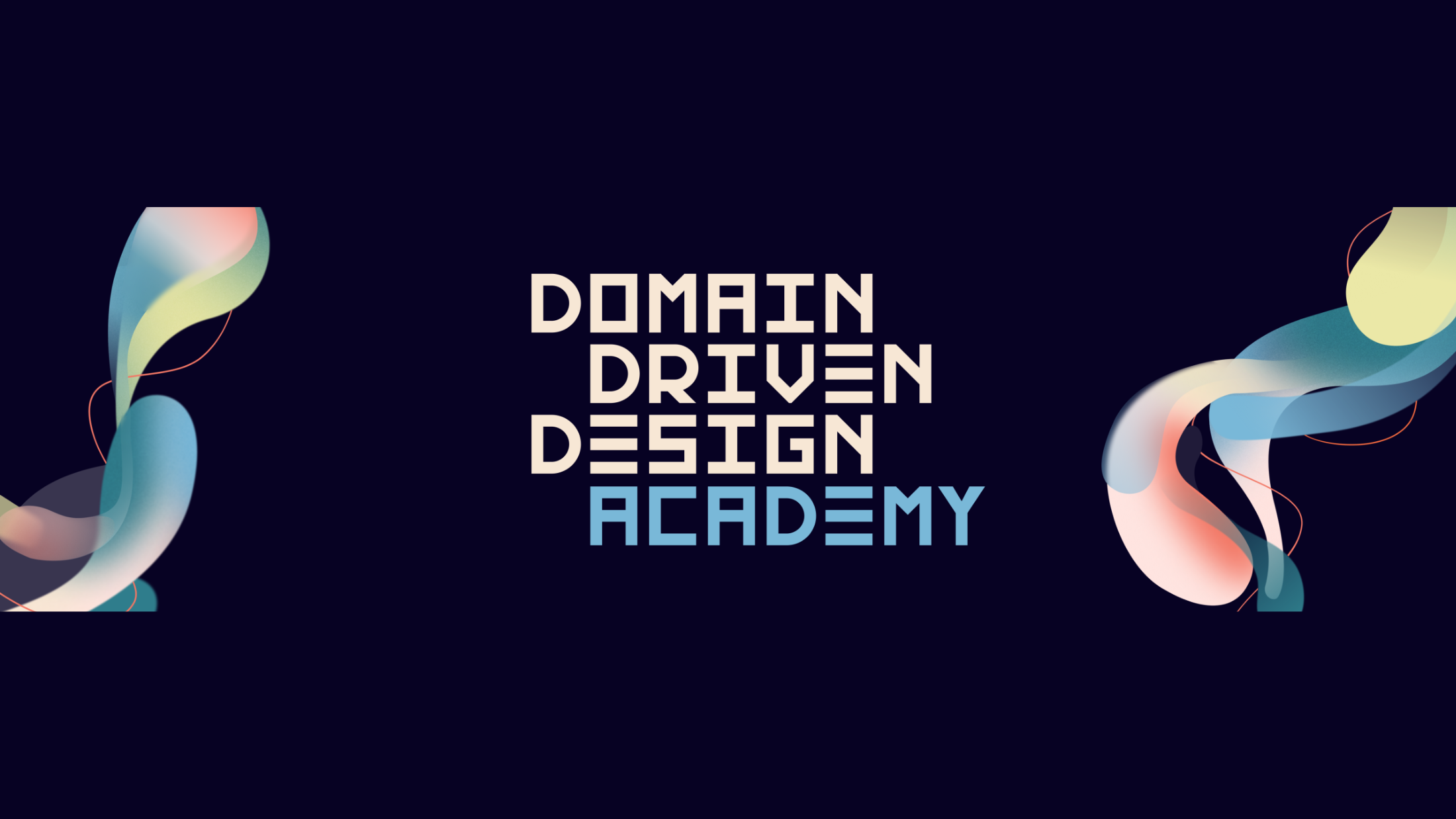
Systems thinking practices that will help you make impactful changes -- despite the emerging complexity of modern systems.
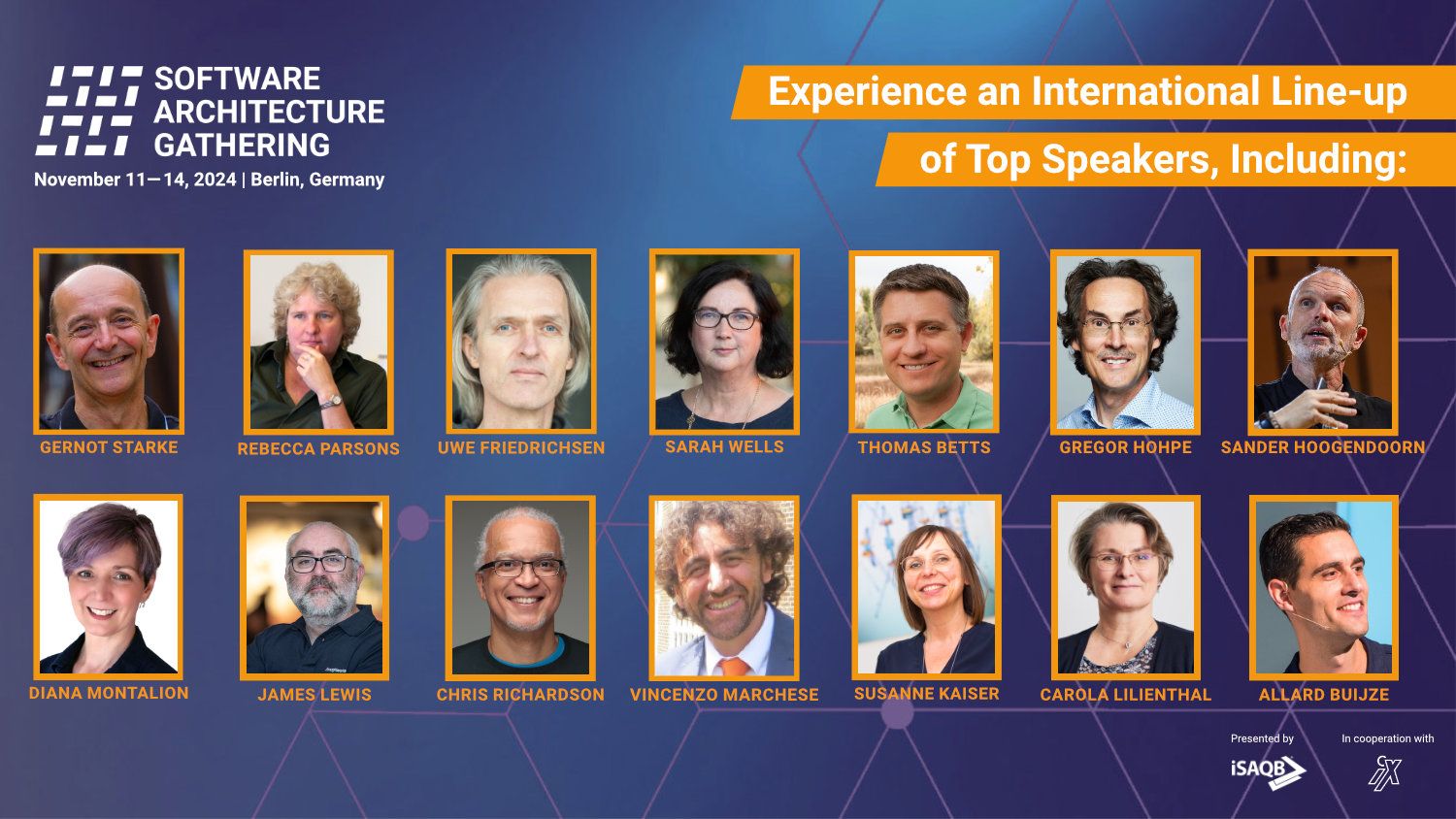
In the tech industry, we are most interested in knowledge stock: What do you know? This focus is holding many individuals, teams and organizations back. As relational complexity increases, individual knowledge stock is insufficient. What we need is knowledge flow.
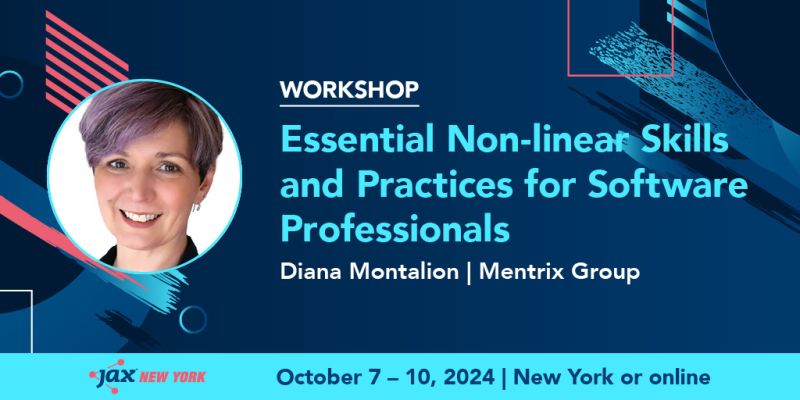
In this workshop, you’ll understand how interrelated and interdependent parts (in people and software) act together to create patterns Through hands-on exercises and a real-world scenario, you'll You’ll learn to create conceptual models to guide impactful decisions.
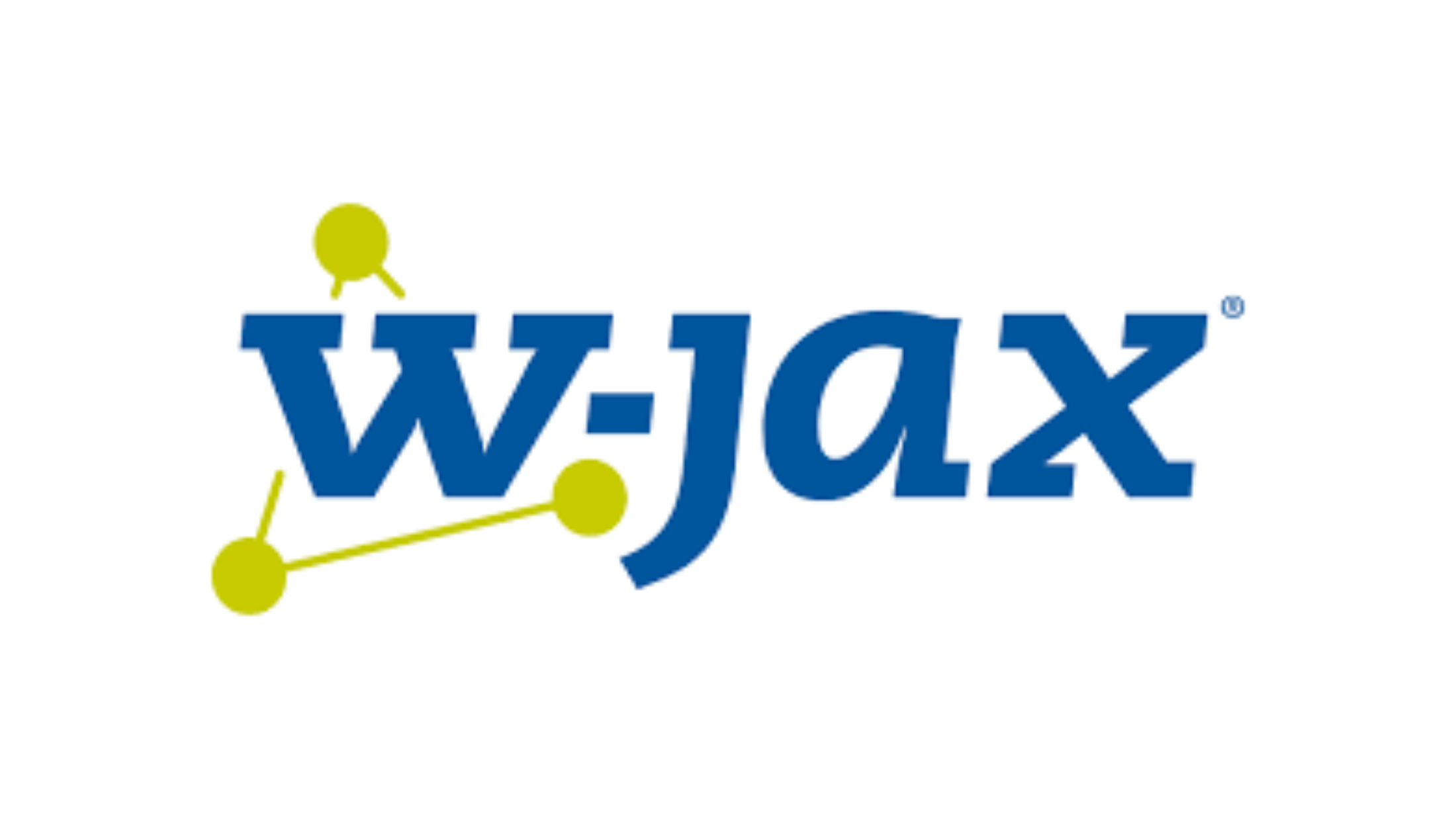
In this workshop, you’ll understand how interrelated and interdependent parts (in people and software) act together to create patterns Through hands-on exercises and a real-world scenario, you'll You’ll learn to create conceptual models to guide impactful decisions.